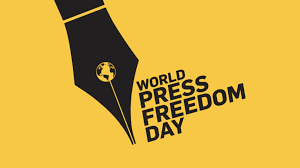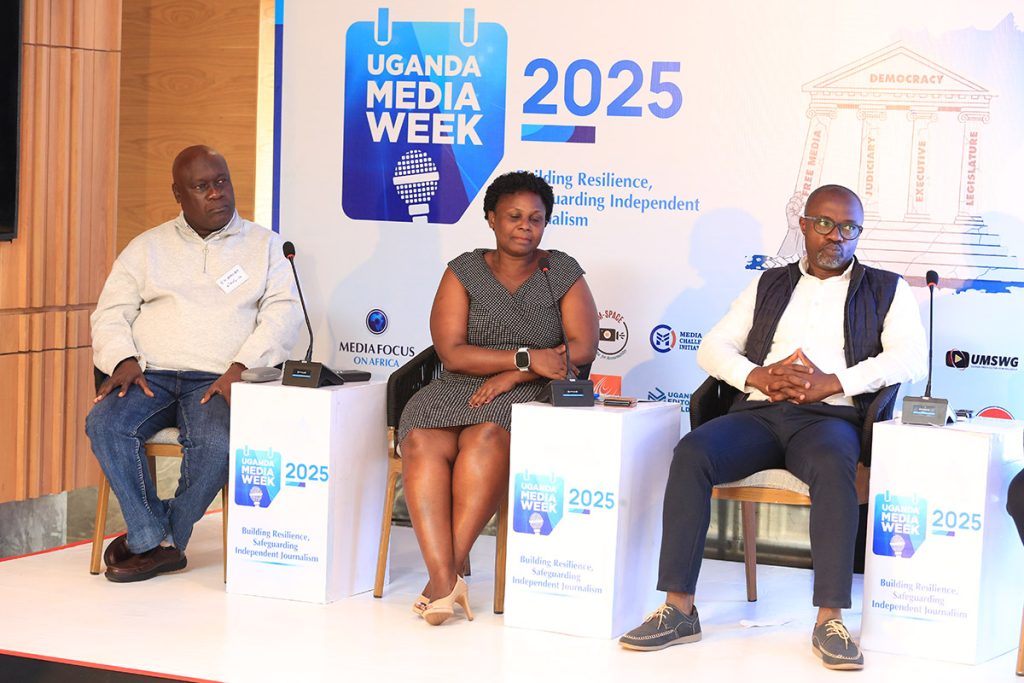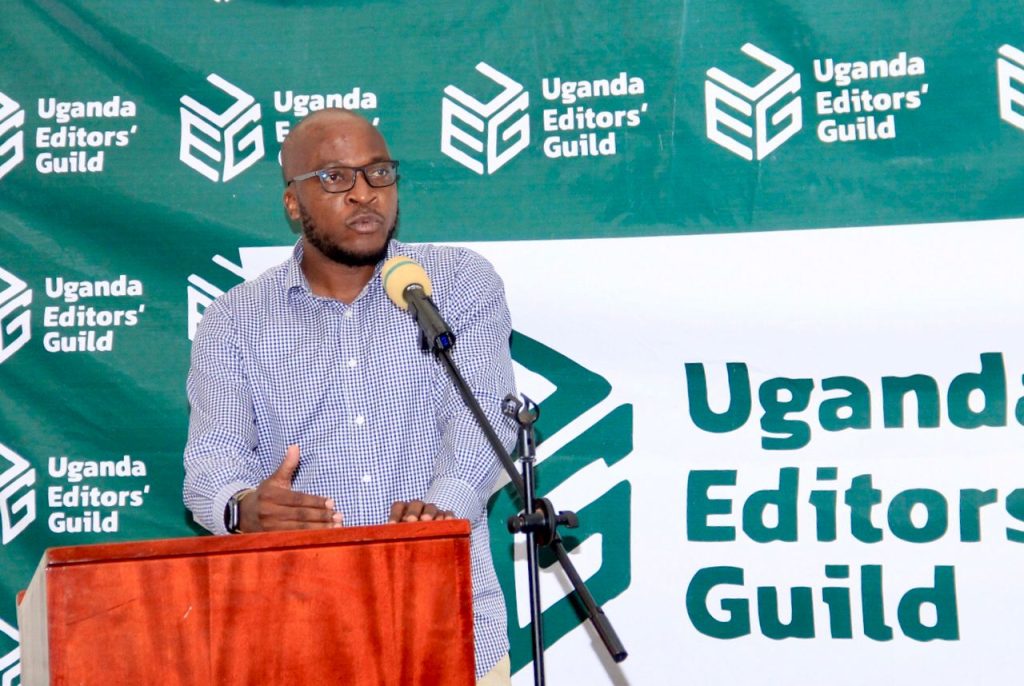Today marks the 30th anniversary of World Press Freedom Day. In the years since the proliferation of independent media in many countries and the rise of digital and social media have unshackled information from its moorings and allowed its free flow.
However, media freedom, free speech and freedom of expression remain under attack in many parts of the world, as do journalists. At least 67 journalists and media workers were killed last year, according to the Committee to Protect Journalists – the highest number since 2018 and almost 50 per cent higher than in 2021.
According to Reporters Without Borders, another watchdog, some 533 journalists were imprisoned in 2022, up from 488 the year before.
In Uganda, we continue to register several threats and attacks on journalists, and the destruction of their professional and personal equipment. Despite repeated promises by security agencies, the worst offenders, to stop these unprovoked attacks, they remain rampant and culprits often go unpunished.
These attacks create a chilling effect on journalists and lower the quality of the journalism they produce. Many journalists quit the profession, refuse to join, and pursue less risky career paths.
Yet journalism is not a crime. Independent, pluralistic and diverse media are the sine qua non of journalism that helps hold those in power accountable, giving citizens the information, they need to be free of prejudice and ignorance, and make informed decisions.
The pursuit of media freedom and independence of the media are noble objectives on their own. In a world being pulled apart by extremism and disinformation, they are essential to keeping the town squares of public discourse open to diverse views.
As the UN has noted, “the right to freedom of expression, enshrined in Article 19 of the Universal Declaration of Human Rights, is a prerequisite and a driver to the enjoyment of all other human rights.”
We are mindful that freedom of expression is not absolute, and that manipulation of information can drive wedges and polarise views. Thus journalists also have the responsibility to act professionally, to hold ourselves to a high degree of public scrutiny, and bring more transparency to our editorial decision-making.
To rebuild trust in the media and strengthen the defence of our industry’s freedoms and the wider freedom of expression, we must be more transparent and accountable.
The Uganda Editors’ Guild reminds citizens that without the scrutiny of a free and independent press, power is less transparent, and those who wield it are less accountable to the governed. Democracy dies in darkness.
NOTE: This is a joint editorial published by newspapers in Uganda to commemorate the 2023 World Press Freedom Day.



